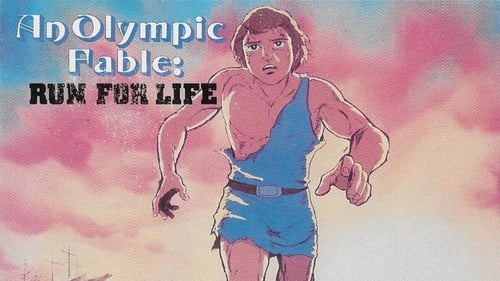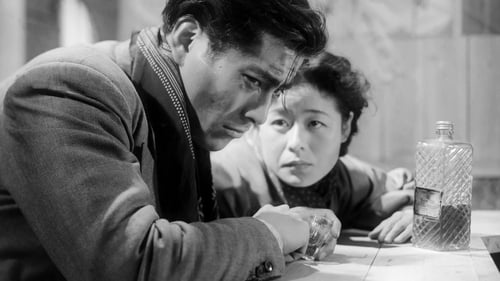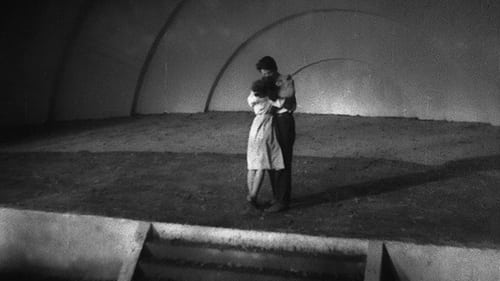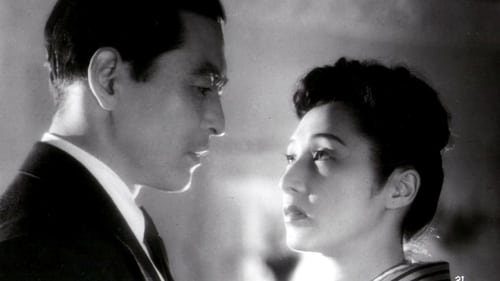Keinosuke Uekusa
Nascimento : 1910-03-05, Tokyo, Japan
Morte : 1993-12-19

Writer
Hashire Melos! is the title of two Japanese animated films. The first was directed by Tomoharu Katsumata and released on Japanese television on February 7, 1981. It was either 68 or 87 minutes long, and its official title did not include the exclamation mark on the end. The second, with the exclamation mark, was a 107-minute remake of the first and was released on July 25, 1992. It featured direction and screenplay by Masaaki Osumi, music by Kazumasa Oda, art by Hiroyuki Okiura and Satoshi Kon, and background art by Hiroshi Ohno. Both were produced by Toei Company Ltd. Visual 80, and both were based on the original short story written by Osamu Dazai in 1940.

Screenplay
School teachers responsible for the lives of their students work to evacuate Allied bombings near the end of WWII.

Screenplay
A monkey king who learns the secrets of magic goes on a spree and causes no end of aggravation for the gods, who finally imprison him. In order to make up for all the trouble he's caused, he is sent on a mission to accompany a prince who is the son of the gods on a journey through a land filled with dangers, monsters, cannibals and demons.

Writer
A taxi driver hits a woman on the streets. He takes care of her while she gets better. While realizing they're both at a brink in their lives they'll start falling for each other against their odds.

Screenplay
A drama about relations between Japanese immigrants and the indigenous Ainu on Hokkaido, the most northerly island of Japan. From a novel by Taijun Takeda.

Screenplay
After graduating from a high school in the Seto Inland Sea, Koji, a childhood friend of Yaeko, went to Tokyo to enter university wearing a heartfelt sweater.

Screenplay
Kanae, who broke up with her husband and moved to her uncle's house, met two men when her father, a university professor, collapsed. Michihara, a wealthy man and Miyashita, a youth scholar. Kanae is attracted to Miyashita, but ...

Screenplay
A Hibari Misora musical about an impoverished girl and her brother in Postwar Japan.

Writer
Um médico bêbado de temperamento esquentado e um gângster com tuberculose muito propenso à violência criam um vínculo instigante.
Depois de uma batalha com criminosos rivais, um gangster de pequeno porte é tratado por um médico alcoólatra no Japão do pós-guerra. O médico diagnostica a tuberculose do jovem gângster, e convence-o a iniciar o tratamento. Os dois desfrutam de uma amizade inquieta até que o ex-chefe do gângster seja libertado da prisão e procure assumir o seu bando novamente. O jovem deficiente perde seu status de chefe de gangue e cai no ostracismo, e finalmente confronta seu ex-chefe em uma batalha até a morte. Um dos filmes mais violentos do diretor. (e 14 - Estimado 14 Anos)

Screenplay
Yuzo and his fiancée Masako spend their Sunday afternoon together, trying to have a good time on just thirty-five yen. They manage to have many small adventures, especially because Masako's optimism and belief in dreams is able to lift Yuzo from his realistic despair.

Adaptation
A romance with political overtones about the relationship of a sheltered bourgeois woman and a doctor who devotes himself to caring for the poor. Over a ten-year period - from 1936 through the war - they find each other and are separated again by the events of those tumultuous days.

Writer
This is Kanjûrô Arashi's first film with Nikkatsu after his independent production company went bankrupt (many of these independent companies went bankrupt shortly after the transition to sound). As he is mostly famous for his portrait of Kurama tengu (and on the other hand, he's the definitive actor for Kurama Tengu as well), Nikkatsu made another version of Kurama tengu, co-directed by Masahiro Makino & Sadatsugu Matsuda who are both sons of Shozo Makino. Scripted by Yoshitake Hisa, a jidaigeki specialist who later scripted several Toei All-Star Jidaigeki.










